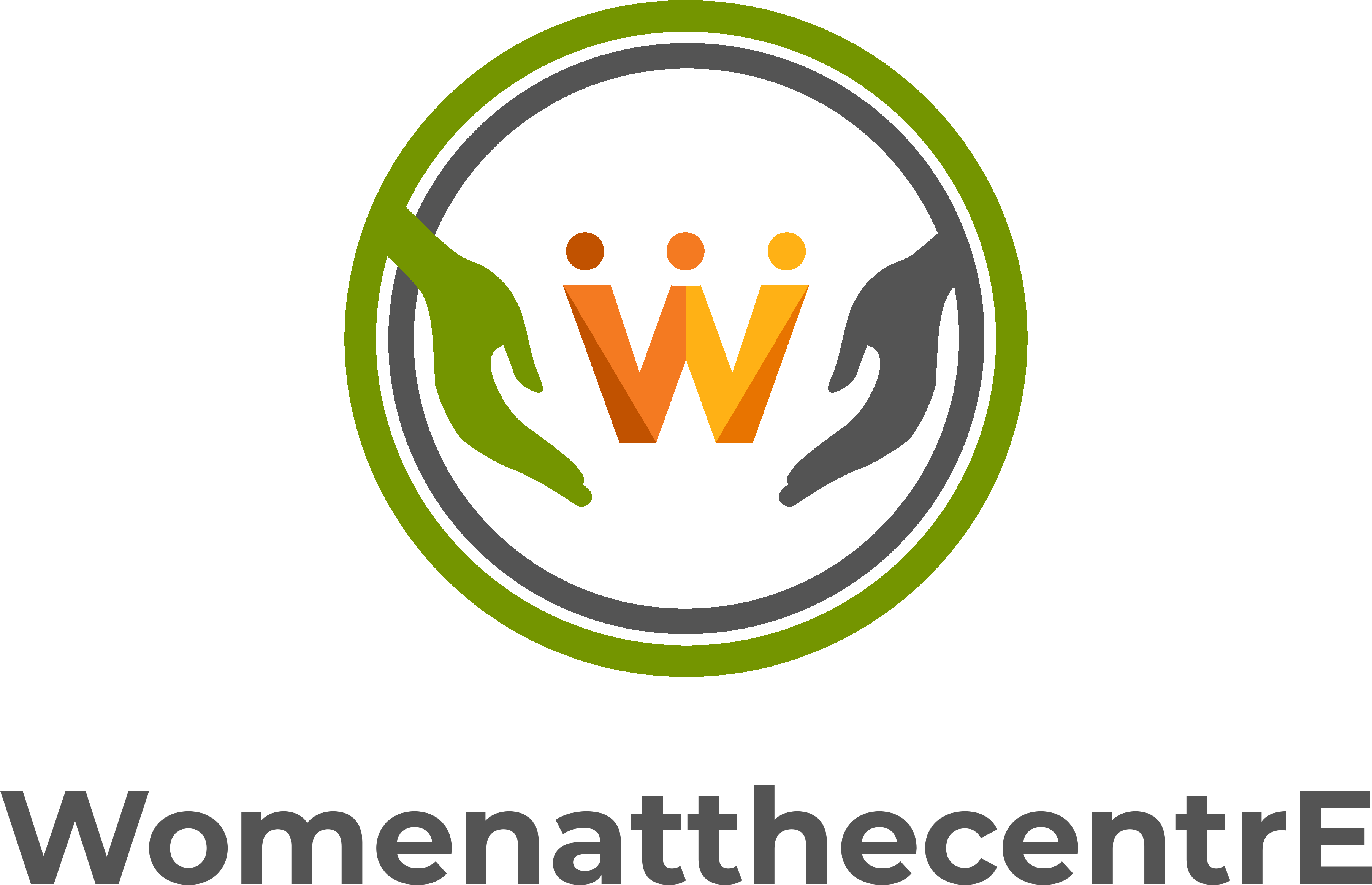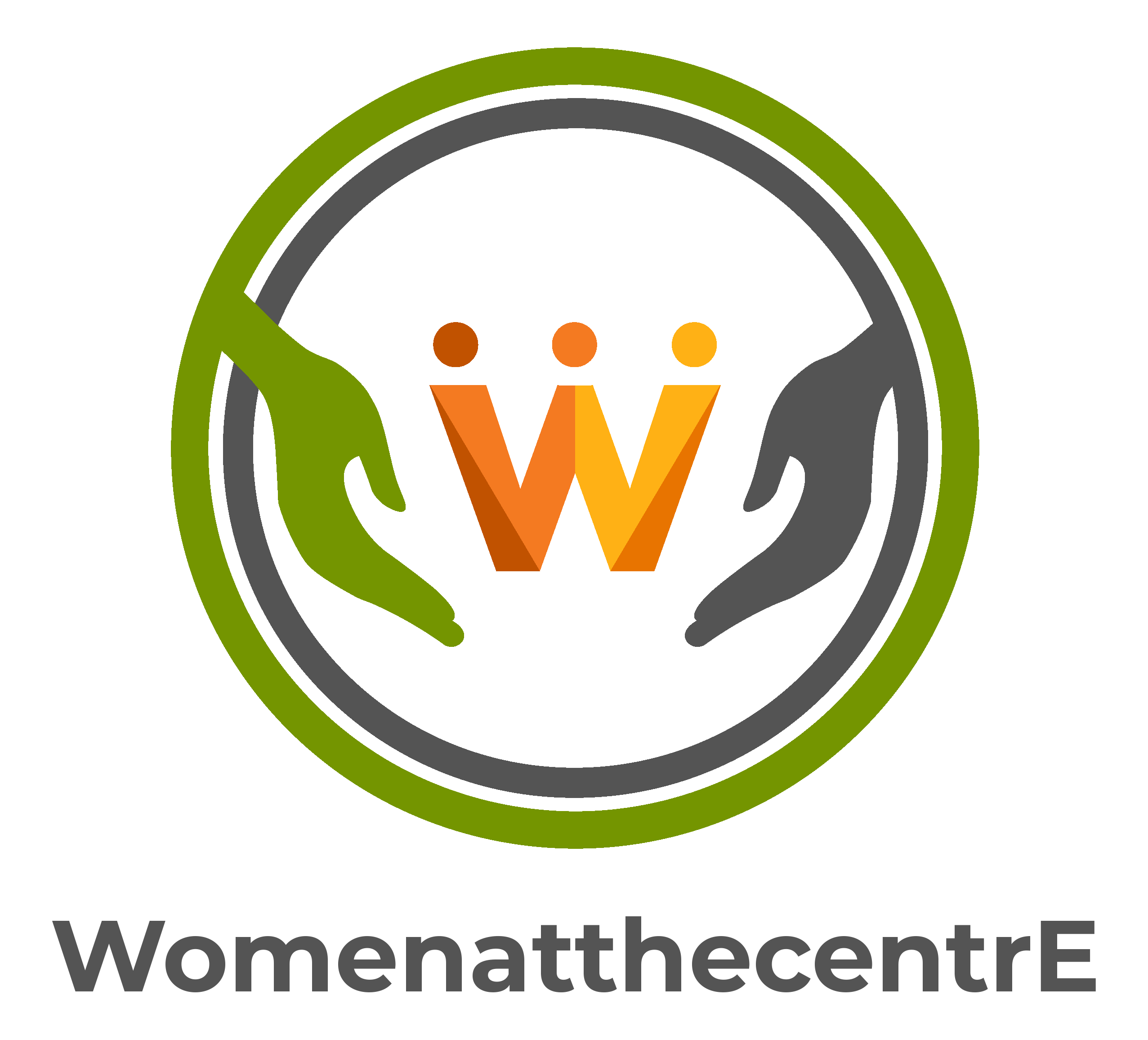Tools for Screening Services for alignment and capacity to support #
Networks of Care and survivors may find it useful to ask some screening questions when engaging with systems like shelter/homelessness/healthcare/ mental health etc. Here are a few questions survivors and their support people can ask when looking to access a service:
- What training does your staff have in trauma-informed care and supporting survivors of human trafficking?
This question can be helpful to understand the needs of survivors and their Network of Care and can provide support that is ethical and reflective of the complexities you may bring.
Things to be curious about: Was the trauma-informed training lengthy? is it regular and ongoing? Did they mention specific certifications?
- How do you maintain safety, confidentiality, and protect the data of survivors and their support people?
This question is important to understand their duty to report, who will have access to your information, and how will it be guarded.
Things to be curious about: Do they have clear data protection policies? Physical safety measures? Will they involve the police?
- Do you offer services tailored specifically to survivors of trafficking, including both immediate needs and long-term support?
Understanding how the agency provides support and gaps in length of services help us to understand the limitations and specifics of the support provided.
Things to be curious about: For supports they do not provide in house, what partnerships do they have to connect survivors. Offering clear pathways to external supports shows collaboration.
- How does the agency incorporate survivor feedback into your programs, service delivery, and policies?
This is helpful to understand the depth of survivor-informed and engaged services.
Things to be curious about: If there is no way that survivors are engaged, how come? are survivors tokenized in the way they are included? is there a range of survivor engagement or a single survivor who informs the operations?
- How do your services address the diverse identities and experiences of survivors, including race, gender identity, sexual orientation, immigration status, and disability? Are there any restrictions on who can access your services?
Ensuring your needs and cultural safety are incorporated are important. This question may help to feel safer about the varying identities that these services support.
Things to be curious about: Their commitment and policies to safe and inclusive spaces, transparency about eligibility requirements, and an acknowledgement of their restrictions.
Agency Red Flags:
- Vague or dismissive answers that suggest a lack of expertise or knowledge
- Trauma-informed or trauma-aware; are they clear on that
- Lack of clear safety policies and protocols
Survivors and Networks of Care are encouraged to trust their instincts and ask questions and discuss their needs openly. For more information, take a look at the following advocacy toolkit: supporthtsurvivors.org/.












